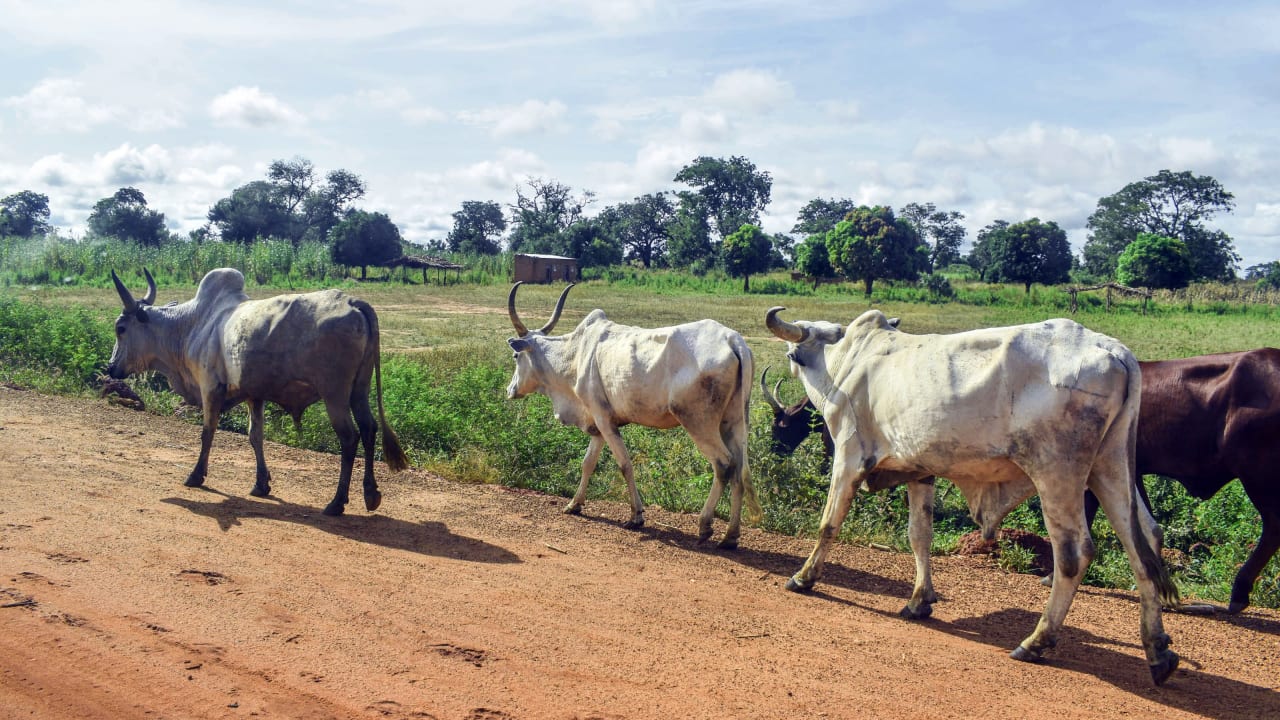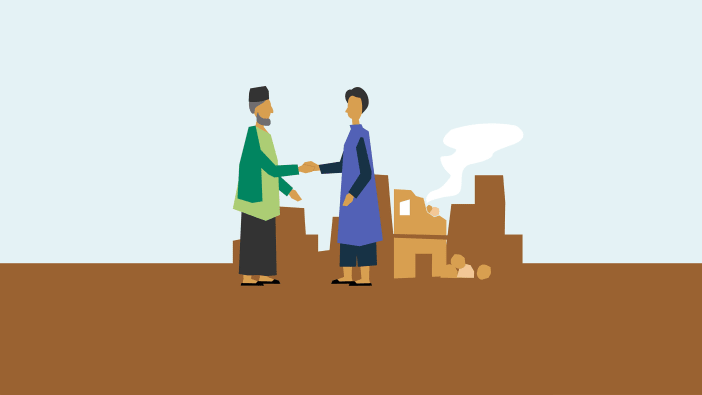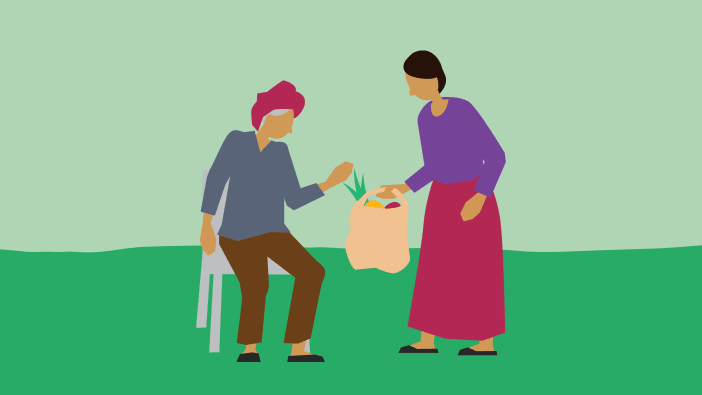In Chad, disagreements between herders and farmers are common, especially when animals damage crops. These disagreements can result in violence, and even in the death of the people involved.
Younous Dout, a community leader in Batha province, says, ‘The resolution of disputes is not always done in a transparent way. Often those who decide the cases receive bribes and the reparation is not fair.
‘For example, for a field of sorghum with an estimated yield of six bags worth a total of 120,000 Central African Francs (about US$193), the farmer will be told that he can be compensated at only 20,000 Francs, which is the value of a single bag.’
Younous has recently been trained in conflict resolution by local organisation Projet Évangélique de Développement Communautaire (Evangelical Community Development Project). He now leads a conflict management committee that includes herders, farmers and representatives from government and community groups.
‘Five oxen owned by Abakar, a herder, devastated the sorghum field of a farmer called Brahim,’ continues Younous. ‘Suddenly, the two men started to argue and they threatened to harm each other. Brahim called us and immediately we made a trip to the field, inviting Abakar as well. Together we assessed and estimated the value of the damage.
‘Both Abakar and Brahim agreed with the assessment and the following day Abakar took the money for the fine to the local chief in the presence of the conflict management committee, and they handed it over to Brahim.
‘The conflicts that led to the loss of human life are beginning to find peaceful solutions and this gives us joy in our hearts. Mistrust is beginning to disappear.’












